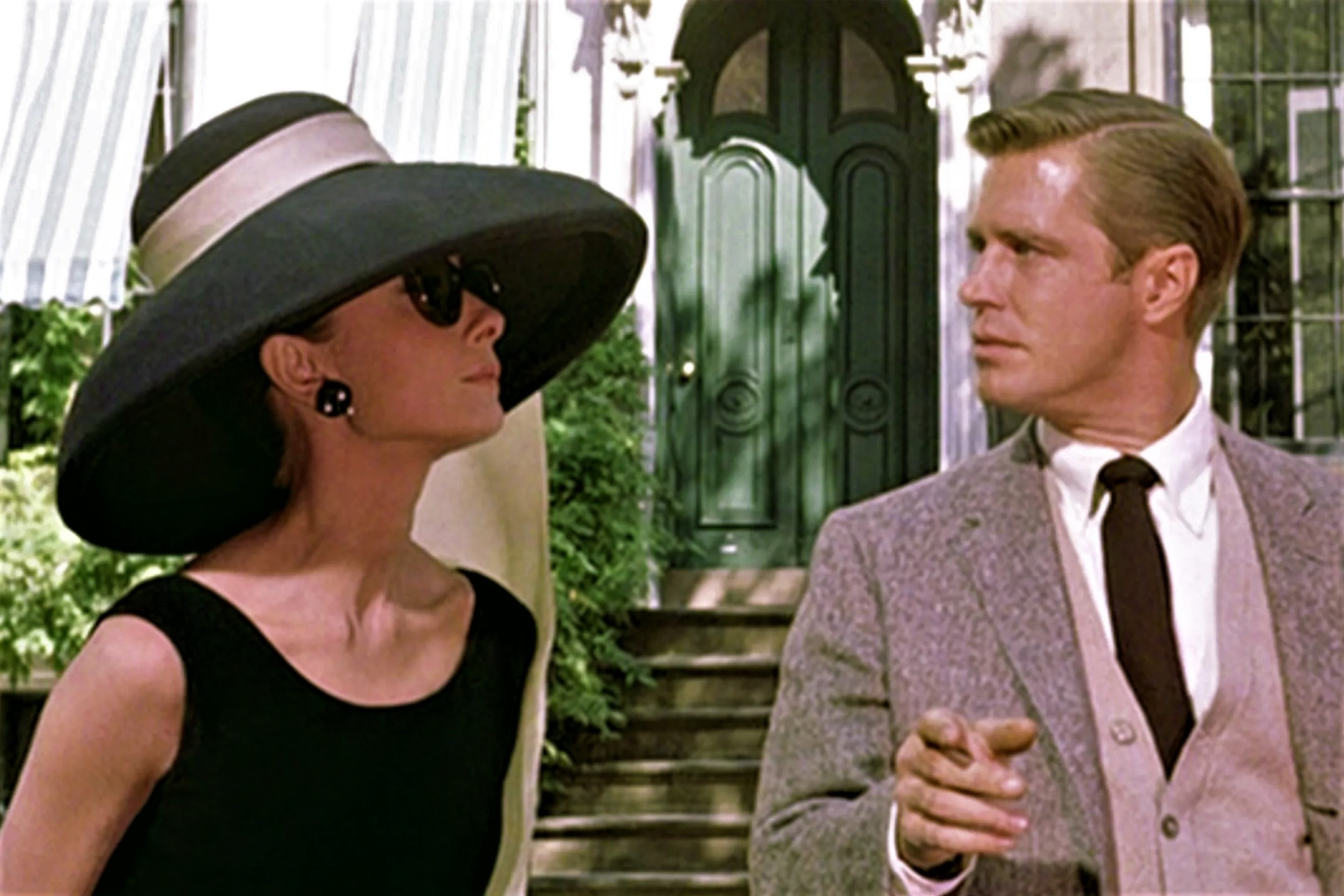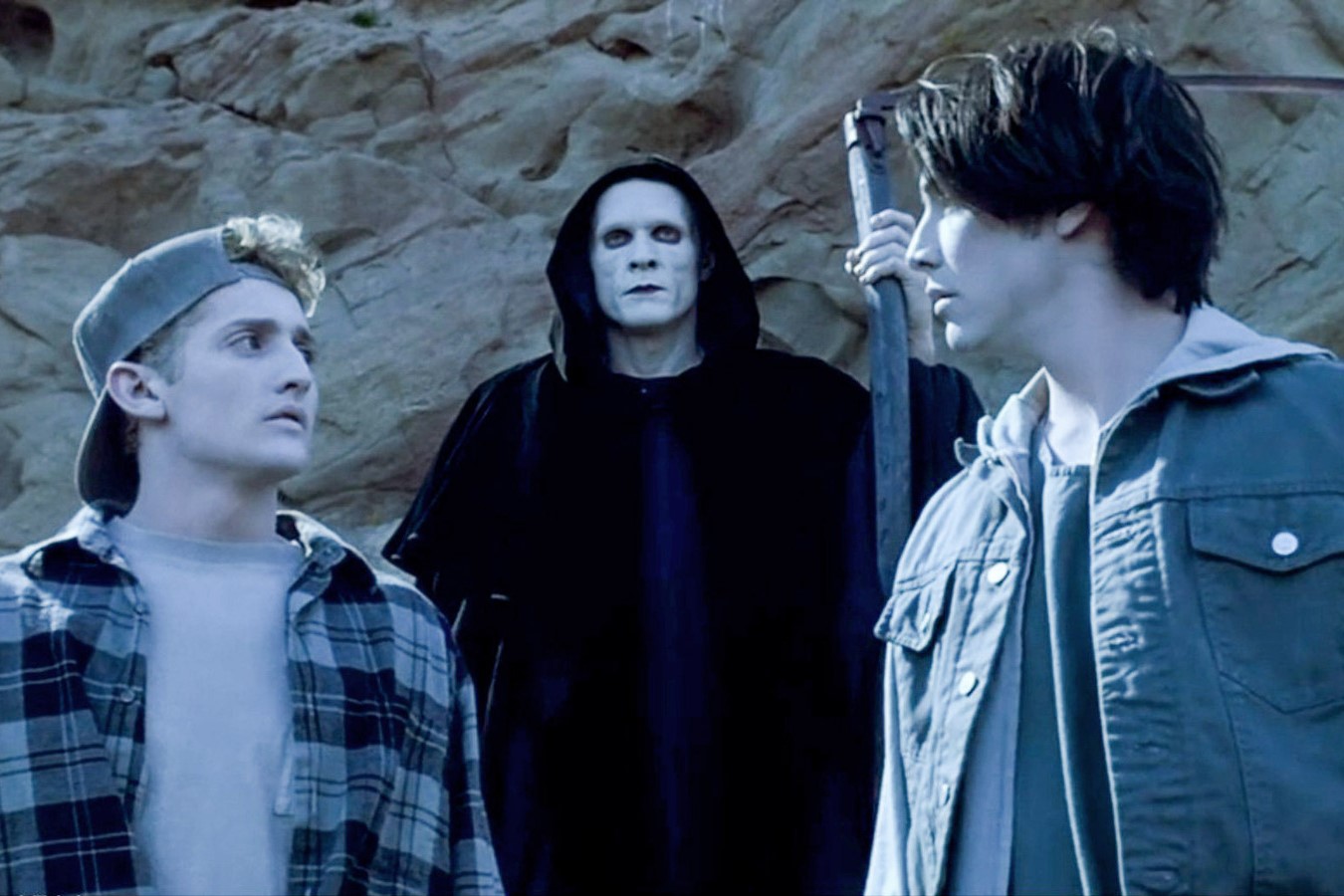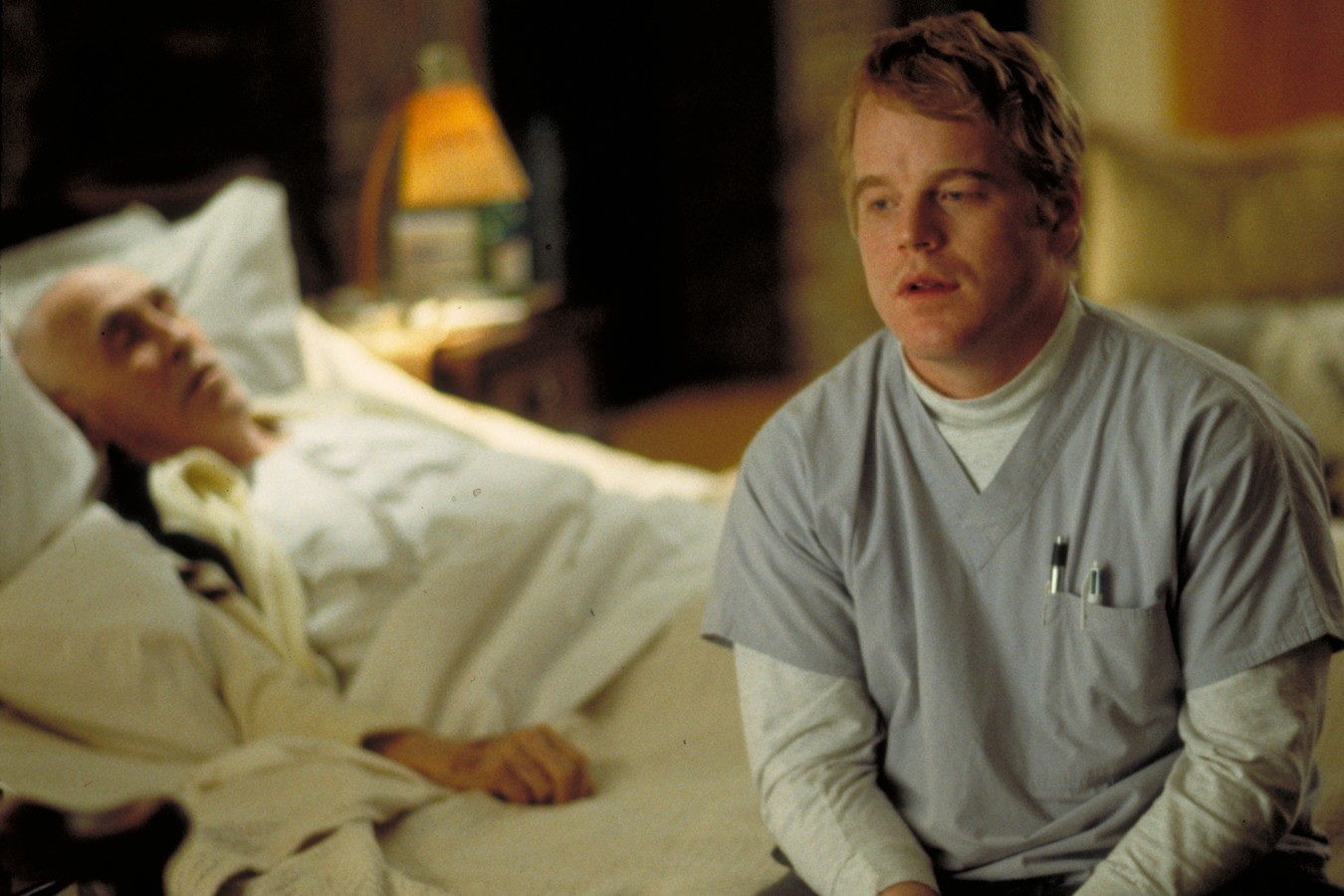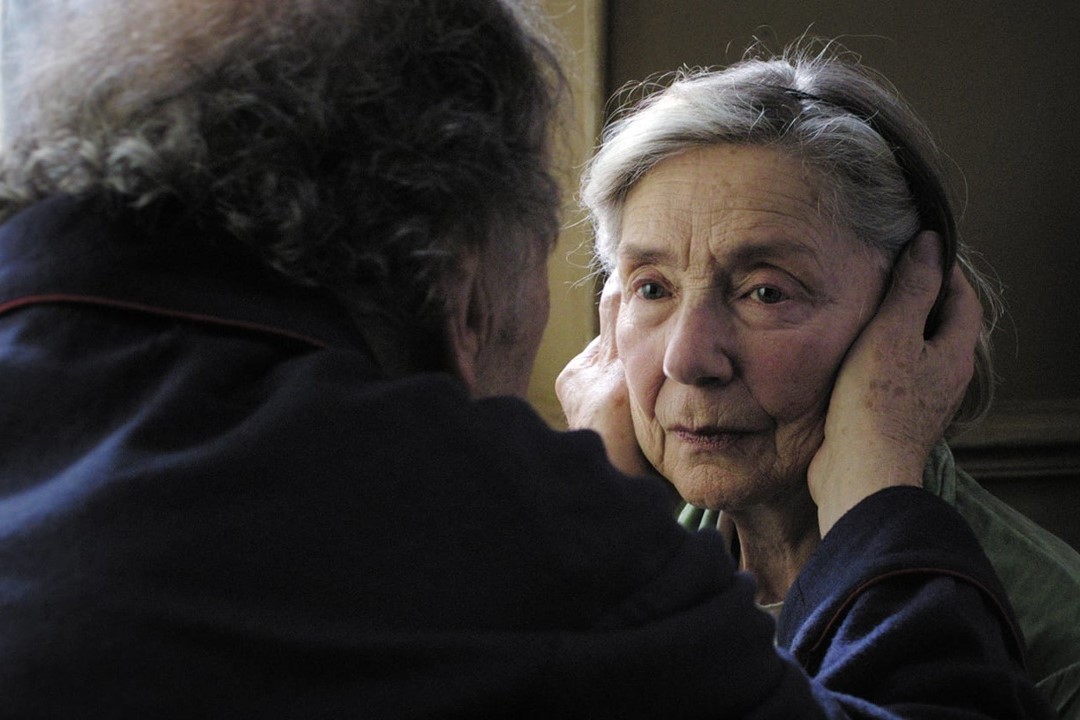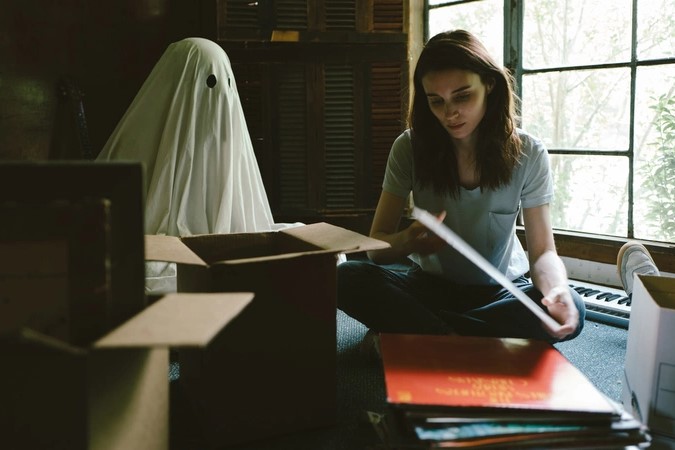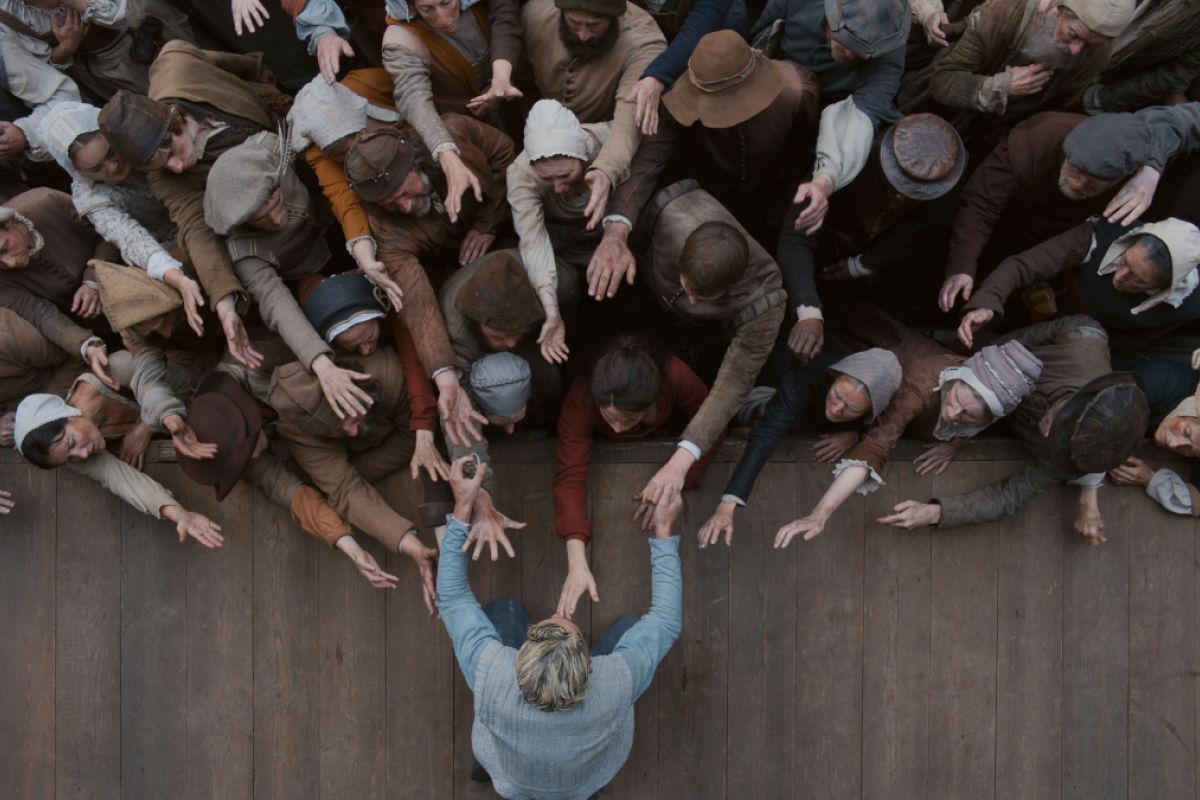
Helping you make an informed decision
How and why we've introduced content guidance for film screenings at HPPH.
What is Content Guidance and why use it?
At Hyde Park Picture House, we want to help all audiences to enjoy and be safe watching films together at our cinema. Content Guidance is a useful tool to make sure you have all the information you need to make an informed decision about what you watch.
Content Guidance (sometimes called content or trigger warnings) is simply extra advice about anything in a film that could have an adverse impact on someone’s emotional or physical state, content that could potentially cause a painful reaction or distress.
An example of content guidance is the age certification and accompanying content advice that the British Board of Film Certification (BBFC) use when they certify films for release. You will see these certificates whenever we list films in the cinema and also as the certificate slide on screen just before a film starts.

As part of our refurbishment project, we’ve not only built a new screen and improved access to our beautiful cinema building – we’ve also investigated other ways ways to make it more comfortable for all, which includes content guidance.
We’re joining many organisations who now use some form of guidance, such as BBFC, All 4, Glasgow Film Festival, Independent Cinema Office, BBC and Netflix, amongst others.
How have we implemented Content Guidance?
We identify content and use guidance to assist conversations and decision-making when film programming, and in the creation of our listings and marketing. It also informs how we talk about films together as a team and with audiences and promote best practices in the cinema sector.
For example, often films may not have been seen in the past as having content that we think would need guidance now, or have an age certificate that doesn't necessarily reflect some of the film's content. It's through discussion and the re-evaluation of films that we might recognise these and create guidance.
Our research on the use of Content Guidance is primarily drawn from the comprehensive guide Diversity & Content Guidance: A Guide for Film Festivals and Film Venues, written by Alice Duggan, and we’ve based much of our thinking on this.
We’ve also sought advice from other organisations who use Content Guidance and we’ve consulted together as a team, to make it effective and sustainable. This includes how to best use our box office system together with our new website to support this.
Different organisations use differing forms of guidance and we've tried to balance being as comprehensive as possible, with making our guidance practical and easy to use.
How do I use Content Guidance?
Content Guidance is commonly used in addition to the film’s BBFC age certificate, which can be found on the BBFC website. This is the best source of content information for UK-released films.
Content Guidance can be found in each film listing on our website, which is located at the bottom of the film details. We've split the guidance into specific definitions which may be listed individually or in combination. For those who wish to avoid plot spoilers, you need to click on the 'SHOW CONTENT GUIDANCE' button to view it.


Our Content Guidance definitions
| • Ableism or disability discrimination | • Abuse (mental/emotional) |
| • Abuse (physical inc bullying) | • Animal cruelty/abuse |
| • Bereavement/death | • Bloody violence/gore/torture |
| • Eating disorders | • LGBTQIA+ discrimination |
| • PTSD (inc. war/combat) | • Racism |
| • Rape/sexual assault/sexual abuse | • Religious discrimination |
| • Sexism | • Substance abuse |
| • Suicide/self-harm | • Violence |
The possible severity of a film’s content can usually be surmised by using the guidance together with the BBFC age certificate, as we follow the BBFC’s definitions of each certificate. For example, guidance that a film contains scenes or themes of bereavement/death in a U certificate film, would be less strong than in a film with a higher certificate.
The film synopsis is also a good source of information on the content of a film. We write each synopsis as carefully as we can, which is often a delicate balance of providing enough information to make an informed choice for watching a film, and giving too much away.
If there is no content that we think requires specific guidance above that of the BBFC Certificate and the synopsis, we’ll use the term No content warnings identified. Because of the nature of potential triggers, it’s not always possible to offer guidance for all forms of content, but we will try to offer as much as we can.
Also, while we try to watch every film that we programme, occasionally this is not possible, for example if the distributor has embargoed previews of a film. In these cases we will use the term Content guidance unavailable.
There are a number of other online resources that can provide guidance on film content, and you can find links to these below.
BBFC www.bbfc.co.uk/
IMDB www.imdb.com/
Common Sense Media www.commonsensemedia.org/
Does The Dog Die? www.doesthedogdie.com/
Unconsenting Media www.unconsentingmedia.org/
Strobe lighting warnings
For people on a neurodevelopmental spectrum, (for example, ADHD, or people with photosensitive epilepsy) sounds, flashing or intense lights and erratic camera movements can also negatively affect the viewer.
Warnings about strobe lighting can be found separately in the Film Details section on the individual film pages of our website. It will either say Yes, No, or Guidance unavailable. We will also display warnings on the cinema screens when we know a film contains strobe lighting or flashing images.
Take care
This guidance is offered to audiences, to allow them the choice, and give an honest and open warning, to empower them to make an informed decision before viewing a film.
If you find a film’s content challenging, you are welcome to leave the screening and use our Café Bar, the Community Room, The Nook or the seating outside the main entrance for some quiet space, and you’re welcome to return to the screening at any time once you feel ready.
Advice on content often changes as society does, so we’ll regularly revisit and update it where necessary. Our guidance is not completed in isolation, but together as we are all film audiences, so if you have suggestions or comments on our Content Guidance, please do get in touch with us. Any member of our staff will be happy to speak with you.
